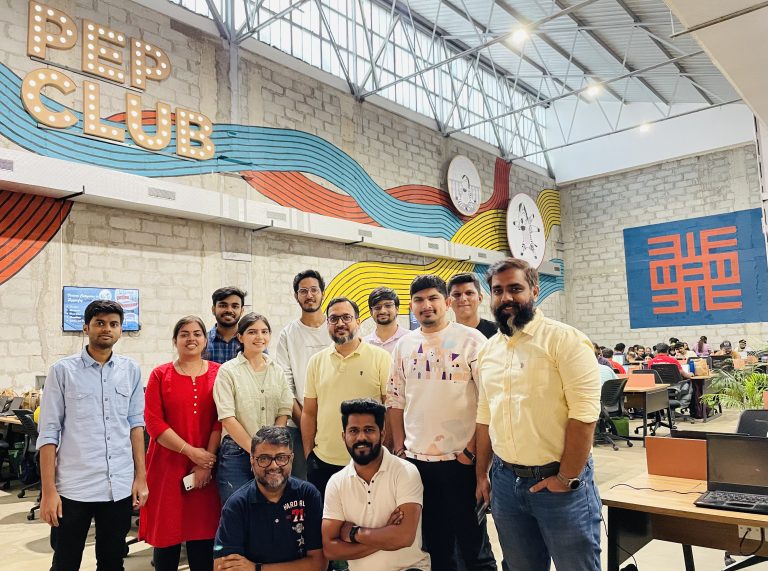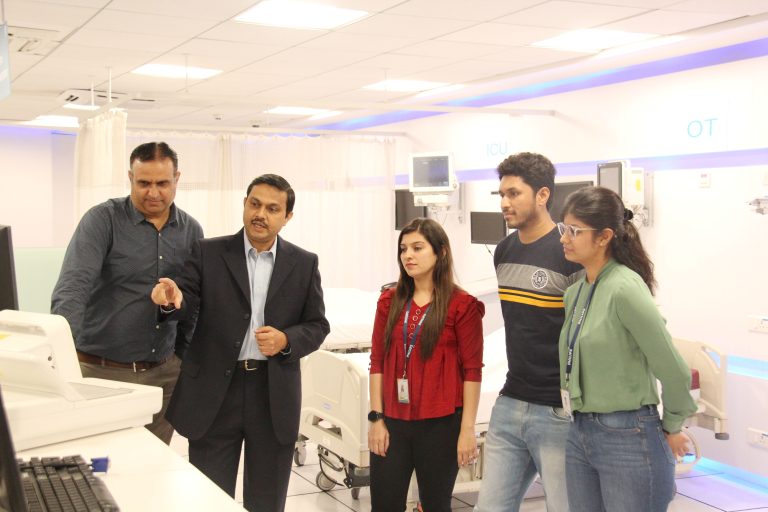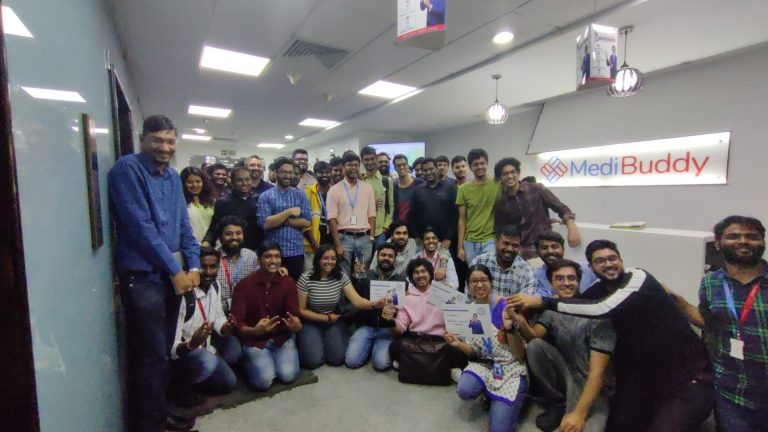It is crazy to witness the upskilling mania currently running rampant across the tech industry.
The Indian IT industry, especially, has stopped hiring freshers and is in a bid to upskill its existing employees with generative AI. IT giants believe this will boost the productivity of their employees. But at what point will this upskilling mania end?
According to reports, most IT giants, including TCS, Infosys, and Wipro, have upskilled around 825,000 employees with generative AI. As of March 2024, the combined total number of employees at these three companies is around 1.4 million. Which means that they have upskilled around two-thirds of their workforce.
However, the quality of this upskilling is still questionable. A few weeks back, an employee of one of the IT companies revealed the depth and quality of these training programmes. The employee completed a GenAI course in just an hour by clicking the “next” button hundreds of times.
These companies pay minuscule salaries to freshers and bare increments to existing employees. According to some recent reports, TCS struggled to fill about 80,000 job roles, citing skill gaps as the reason behind this. Though the reason is cited as the skills, or lack thereof, of freshers, the caveat is that they, ironically, were willing to pay only INR 3.3 LPA for various roles.
Upskilling Is a Double-Edged Sword
A Reddit user pointed out that an intern joined his team at an Indian IT firm and had the knowledge of even managerial roles. “This makes me think about how today even freshers are having manager-level tech skills for peanuts salary,” said the user. All of this is to say that these companies want “upskilled” but underpaid employees.
But the promise is the increase in their salary. A report from AWS has said that Indian workers with AI skills will see their salaries skyrocket by over 54%, especially in the Indian IT and R&D sectors. With everyone promising such an increased number of upskilled employees, it seems like it is not just a pipe dream.
On the other hand, this upskilling is just “the need of the hour”, not “the need of the decade.” Whenever a new skill becomes common, allowing anyone to learn it, the value and money it promises eventually diminishes. No one will eventually reward people for being skilled with generative AI.
According to the AWS report, 96% of the employers who prioritise these skills struggle to find a significant portion of such qualified candidates. That is exactly what happened with TCS’ 80,000 empty positions. The truth is that it is extremely difficult to find good, or even decent, software engineers with coding skills for the little compensation that these companies are offering.
Indian IT Is Basically Upskilling To Learn Nothing
Even though most of the freshers these days are not as high quality as they used to be a decade ago, the job requirements haven’t changed much either. When there was a ‘Python boom’ around 2015, everyone was getting a job by learning the coding language. Now, just knowing the language is not a selling point, employers need more.
Today, it is generative AI skills. In the future it might be something else. “IT changes so rapidly that you have to learn till the end of your career,” said a user on Reddit. With the advent of every new technology, be it Python, cloud, or AI, long-running Indian IT employees have to keep upgrading themselves to fit the need.
The best case scenario for continued upskilling is that Indian IT focuses on improving and focusing on bigger tasks rather than just boosting employee productivity with generative AI because the signs of that are also not so clear.
Although Indian IT companies employ a substantial workforce compared to other major tech giants, there are concerns about the underutilisation of their highly-trained employees. This limitation may hinder the potential for innovation and the effective application of generative AI in real-world scenarios.
Moreover, it would be interesting to see how exactly Indian IT measures the success of upskilling their employees with generative AI.

































